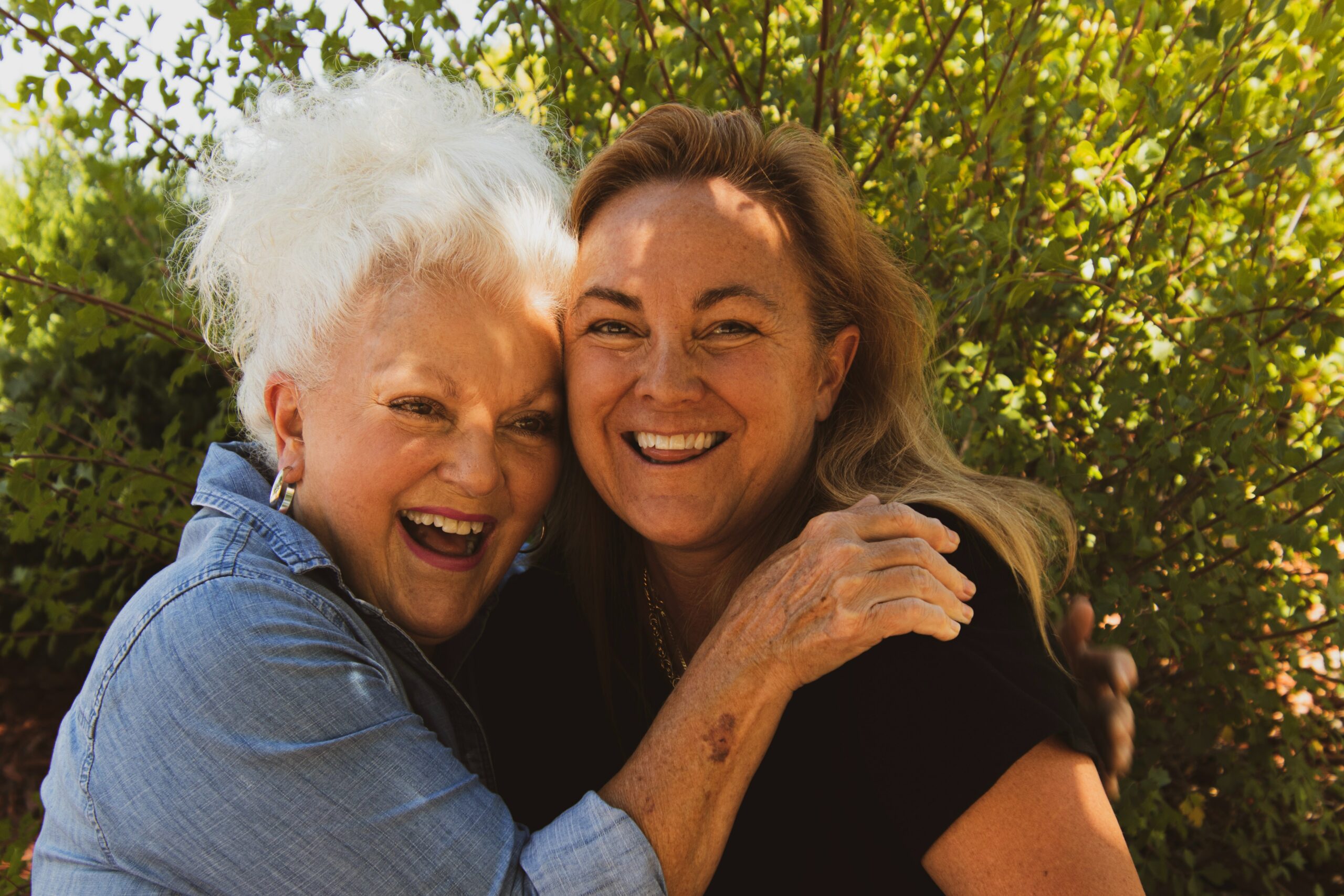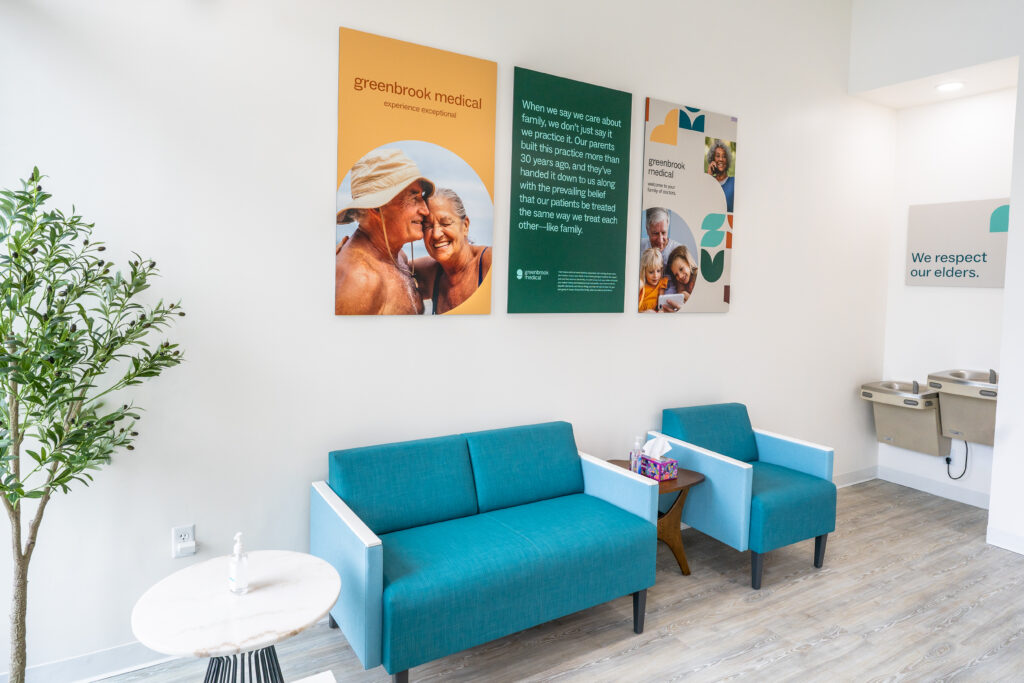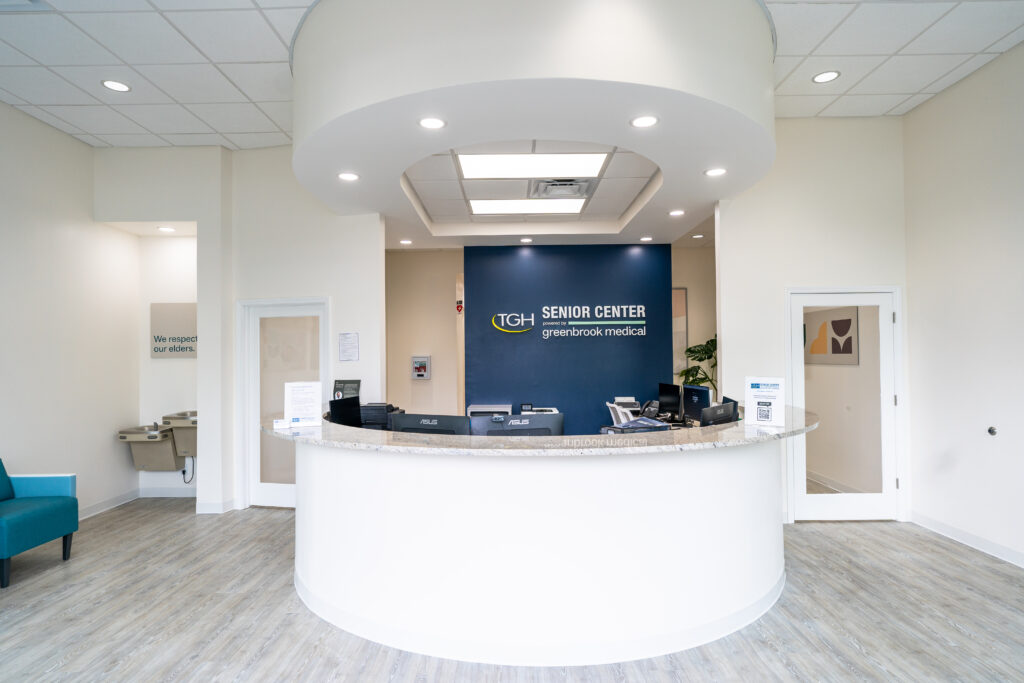Caring for aging parents or loved ones is a special responsibility many family members embrace. As our family members age, we want to ensure they have the best care possible at home or in senior living communities. This guide will provide tips on caring for an aging parent or loved one and help you understand what it takes to be a compassionate caregiver.
Understanding Aging and its Impacts
As our loved ones grow older, we must learn about the common age-related health issues they may face. Some elderly parents at home might experience mental health issues, mobility problems, or difficulties with activities of daily living (ADLs). Being informed about these challenges will help you provide better care and support. Additionally, understanding their unique physical and cognitive changes will allow you to better adapt to their needs. It will also help you communicate more effectively with them and their medical providers.
Communication and Emotional Support
One of the key aspects of caring for aging parents is maintaining open and honest communication. This means listening actively and showing empathy. Remember that your older adult family members may struggle with changes in their living situation or a mental health issue. Providing emotional support is essential in maintaining their overall well-being. Be patient and understanding, and consider joining support groups where you can connect with others experiencing similar situations.
Daily Care and Assistance
As a family caregiver, you’ll be responsible for helping your elderly parents with their daily needs. This includes personal care, hygiene, meal planning, and medication management. Ensuring they receive proper nutrition and take their medications on time is crucial for their health and safety. To help them maintain a sense of dignity and independence, collaborate with them in planning meals, and involve them in simple tasks as much as possible.
Maintaining Independence and Quality of Life
Promoting independence is vital for seniors living at home or in assisted living communities. Encourage your aging loved ones to participate in social interactions and physical and mental activities. Making small adaptations to their home environment can also help them maintain their independence while staying safe. Install grab bars, remove tripping hazards, and use non-slip mats to prevent falls. Additionally, encourage them to pursue hobbies and interests to enhance their quality of life.
Professional Support and Resources
Sometimes, caring for elderly parents requires help from professional resources. Your local Area Agency on Aging can provide information on in-home care services, adult daycare centers, and support groups. Geriatric care managers can also assist in coordinating care and support for your aging loved ones. If your loved one requires more specialized care, such as for dementia or other chronic conditions, consider consulting a geriatrician or specialist.
Legal and Financial Planning
As your parents or loved ones age, it’s essential to have a plan in place for their long-term care. Discuss advance care directives, and work together on financial planning. Understanding your legal rights and responsibilities will help you navigate any challenges that may arise in the future. Consult with an elder law attorney or financial planner to ensure that all necessary documents, such as wills, trusts, and power of attorney, are in place and current.
Caregiver Self-Care
Finally, it is essential to remember to care for yourself when you spend so much time caring for others. Being a family caregiver can be both rewarding and challenging. Recognize the signs of caregiver stress and seek help when needed. Setting boundaries and balancing your personal life with caregiving responsibilities is essential. Don’t forget that taking care of yourself is crucial to providing the best care possible for your aging loved ones. Establish a support network, practice self-care, and consider utilizing respite care services to give yourself a break when needed.
Caring for aging parents or loved ones is a journey that many adult children and family members undertake. By following these tips and seeking support from professional resources like the Area Agency on Aging in your state, you’ll be better prepared to provide compassionate care for your elderly parents at home or in senior living communities. Embrace this journey with love, patience, and understanding, and know that your efforts are making a significant difference in the lives of your aging parents or loved ones
We Want to Help You!
At Greenbrook Medical, we believe every senior citizen should be cared for and respected. That’s why we have made it our mission to provide the best possible care for our patients. Contact us today for a consultation or to request an appointment with one of our geriatric doctors.






